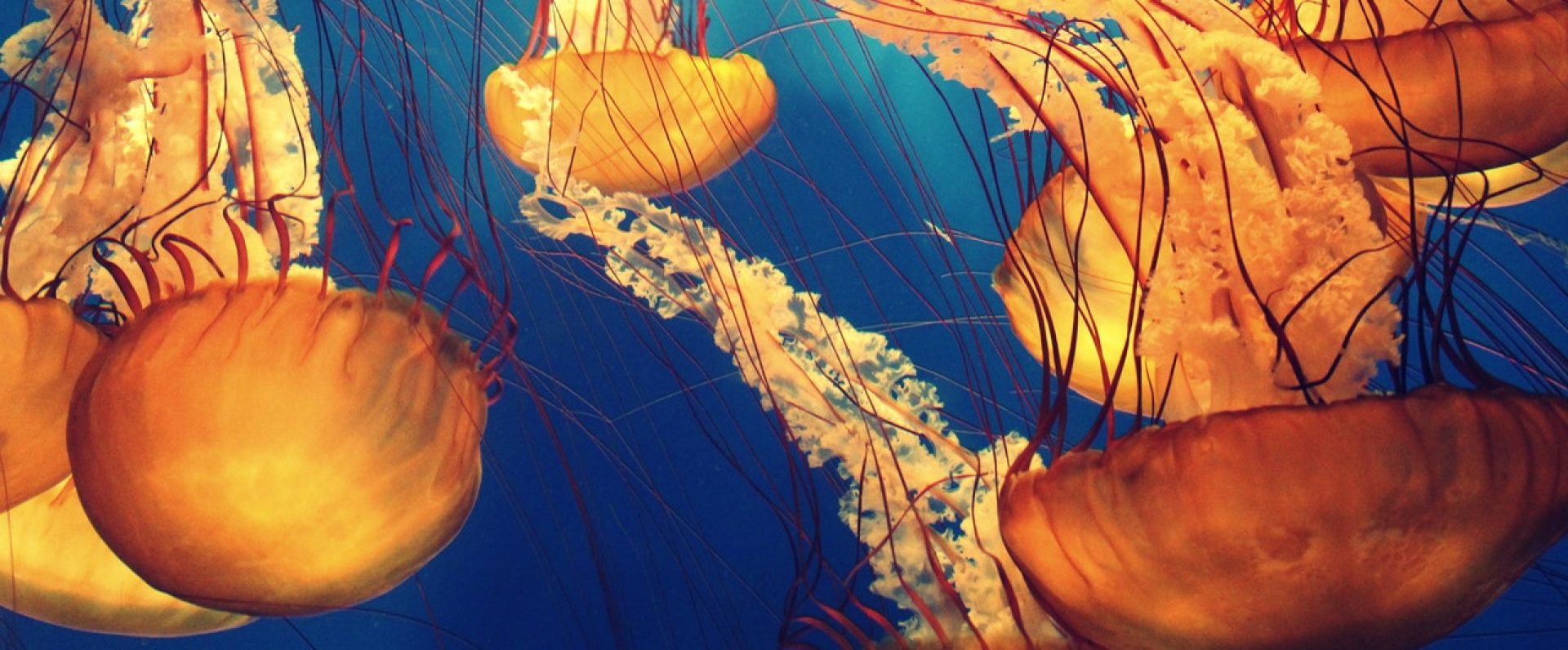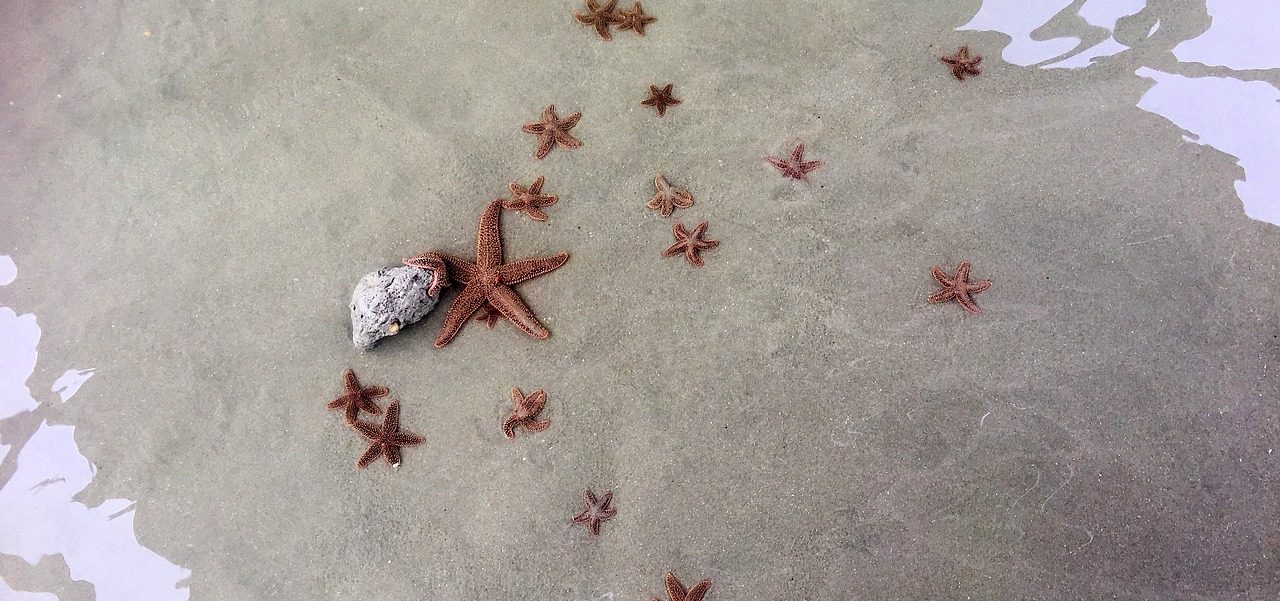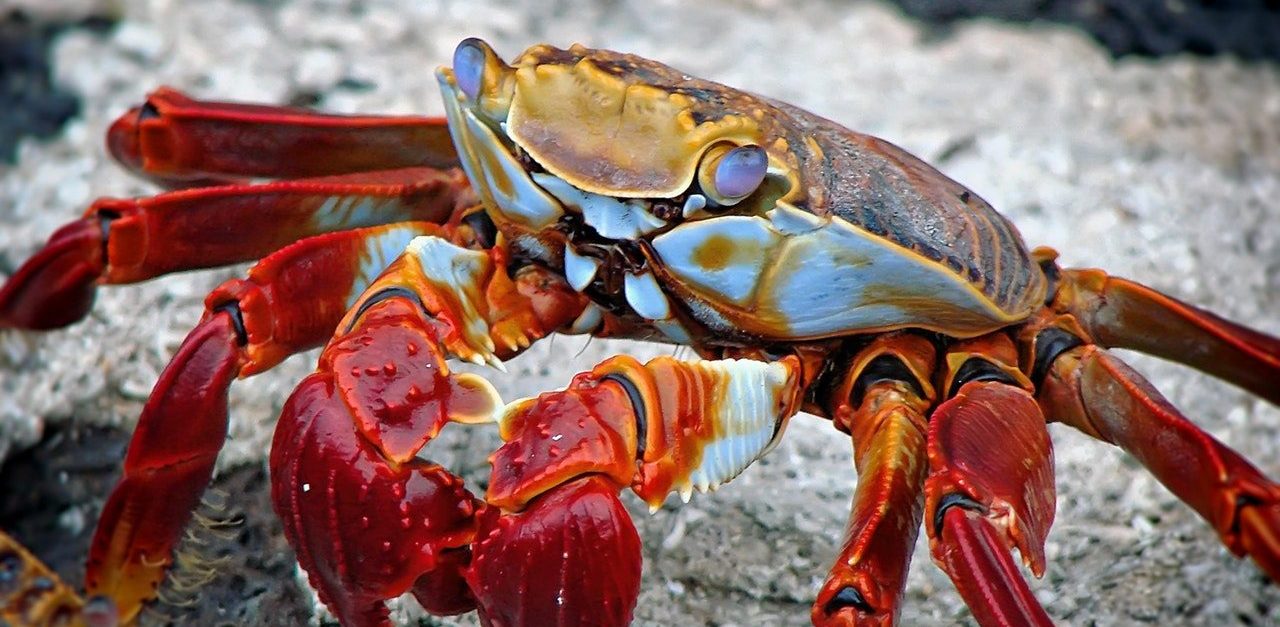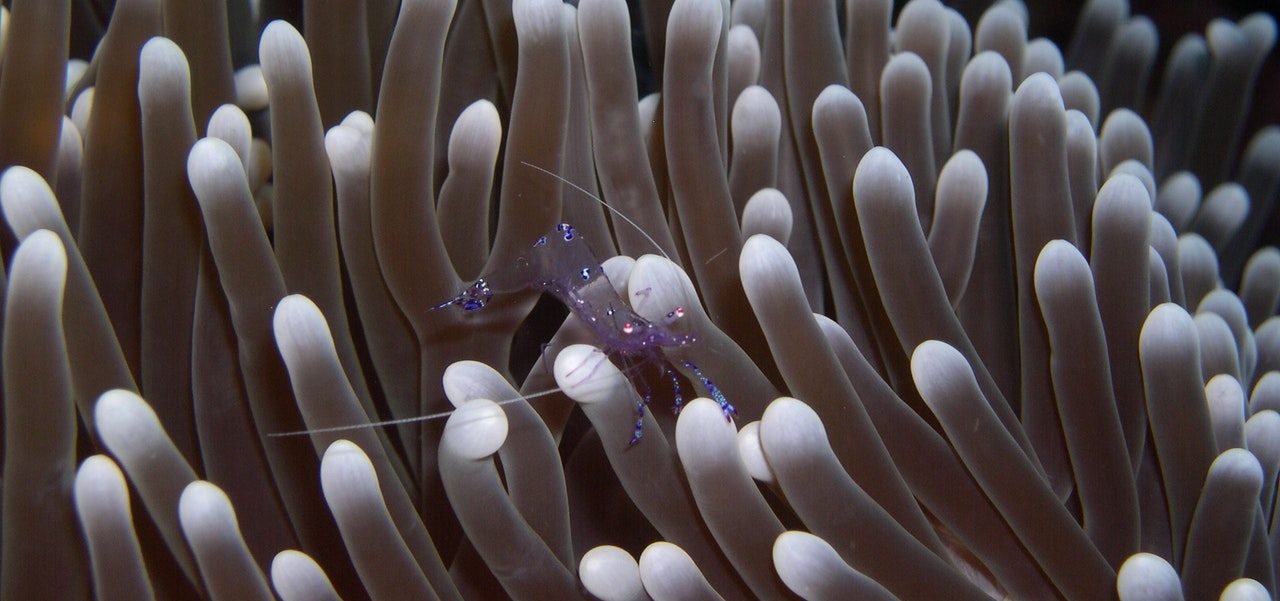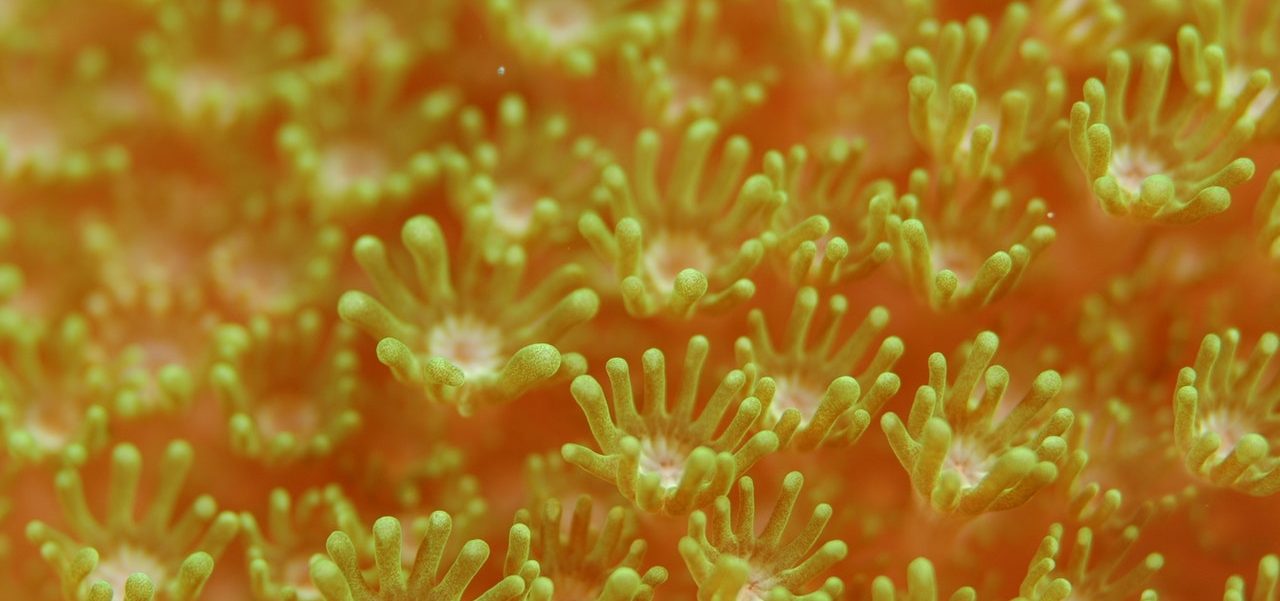Please see our Digital Commons or Jon's Google Scholar page for a complete, up-to-date list of publications.
Current Lab Projects
Biodiversity of Tropical Systems Across Anthropogenic Gradients
- The Invertebrate Molecular Ecology lab at Moss Landing Marine Laboratories is one of several collaborators for the Infinite Diversity project, an extension of the NSF Partnerships for International Research and Education (PIRE) grant. The primary goal of PIRE is to "support high quality projects in which advances in research and education could not occur without international collaboration." To that end, the Infinite Diversity Project aims to draw from an international collective of researchers to answer scientific questions regarding patterns in metazoan, bacterial, and viral diversity across anthropogenic stress gradients using standardized, tractable field tools known as Autonomous Reef Monitoring Structures (ARMS). Currently, our lab assists in the collection of field data and analyzes sequence data collected on behalf of PIRE researchers.
Invasive Species Monitoring
- Our laboratory is also widely interested in invasive species, the mechanisms of their introduction, and the ways in which they influence their communities. Currently, we work closely with the California Department of Fish and Wildlife (CDFW) and the Smithsonian Environmental Research Center (SERC), as well as other collaborators, to monitor for the introduction of invasive species into our waterways. Field collections yield organismal "voucher" specimens, mixed plankton tows, and plate scrapes upon which we conduct molecular analyses.
Japanese Tsunami Debris
- The Great East Japan Earthquake (magnitude 9.1) struck off Japan’s Tōhoku coast on March 11, 2011, and triggered a massive tsunami wave that surged inland. The first confirmed instances of Japanese tsunami debris washing up on the shores of North America occurred in March 2012. Since then, over 1600 debris sightings have been reported, of which many pieces could be confirmed as Japanese-origin tsunami debris. Funded by NOAA and working in conjunction with PICES researchers, we have been analyzing sequence data from organisms known to have traveled on Japanese tsunami debris. It is thought that events such as these may provide opportunities for the establishment on non-native species on our shores.
Student Projects
Please navigate to our Current Students page for a list of ongoing student research conducted in the Invertebrate Molecular Ecology lab.


